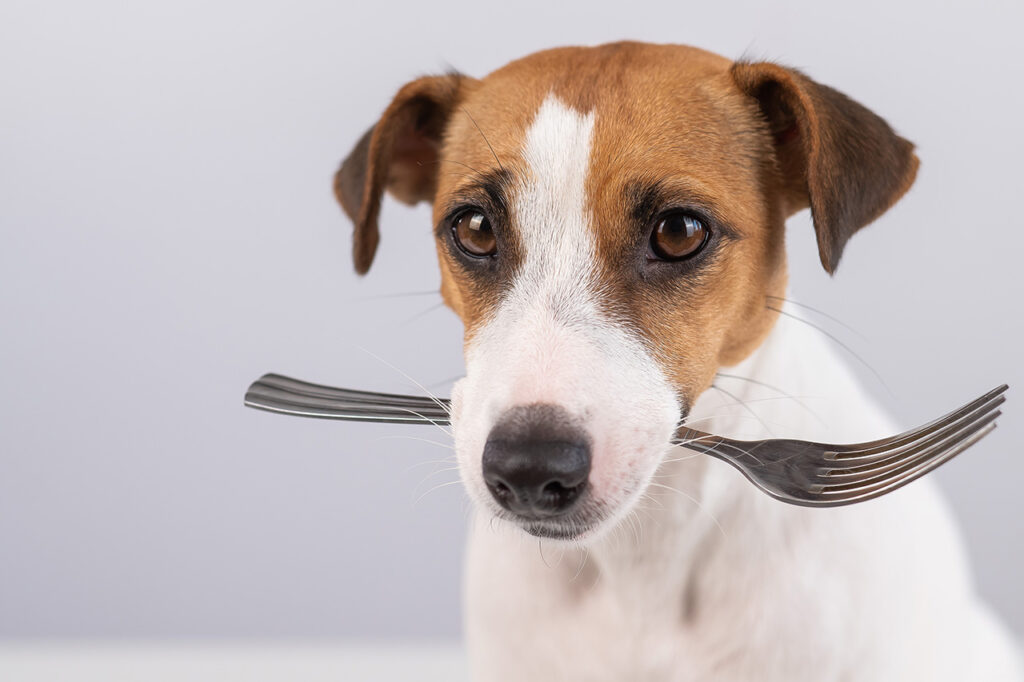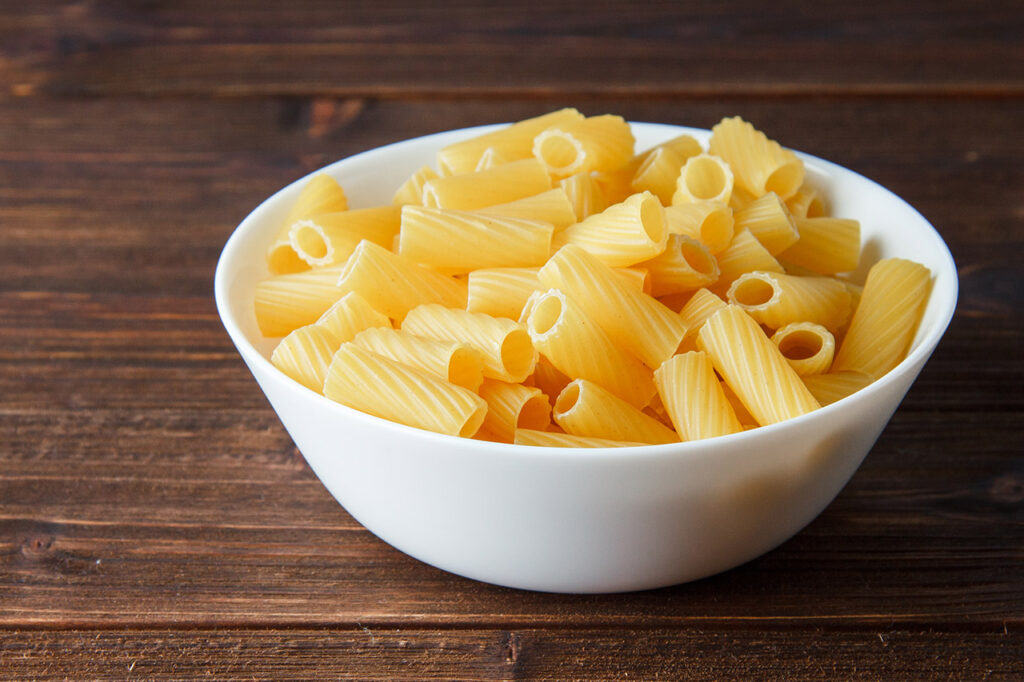Feeding your dog pasta can be a topic of curiosity for many pet owners. While pasta is not toxic to dogs, it’s essential to understand how it fits into their diet. This article delves into the considerations of offering pasta to your canine companion, ensuring their health and happiness. 🐶🍝
Is Pasta Safe for Dogs?
Plain, cooked pasta made from simple ingredients like eggs, flour, and water is generally safe for dogs. However, moderation is key. Overfeeding pasta can lead to weight gain and other health issues due to its high carbohydrate content.
Potential Risks of Feeding Pasta to Dogs
While pasta itself isn’t harmful, certain factors can pose risks:
High Carbohydrate Content
Excessive carbohydrates can contribute to obesity in dogs, especially in breeds prone to weight gain. It’s crucial to balance their diet to prevent such issues.
Harmful Ingredients in Pasta Dishes
Many pasta dishes contain ingredients toxic to dogs:
- Garlic and Onions: Both fresh and powdered forms can damage a dog’s red blood cells, leading to anemia. Symptoms include weakness, lethargy, and pale mucous membranes.
- Rich Sauces: Creamy or spicy sauces can upset a dog’s stomach, causing digestive issues.

Guidelines for Serving Pasta to Your Dog
If you decide to treat your dog to pasta, follow these guidelines:
Serve Plain Pasta
Offer plain, cooked pasta without any sauces or seasonings. This minimizes the risk of introducing harmful ingredients.
Monitor Portion Sizes
Keep portions small to avoid unnecessary calorie intake. Adjust their regular meals accordingly to maintain a balanced diet.
Consider Your Dog’s Health Status
Dogs with wheat allergies or gluten sensitivities should avoid pasta. Additionally, overweight dogs or those with specific health conditions may need to steer clear of high-carb foods like pasta.

Alternative Treats for Dogs
Instead of pasta, consider these healthier treat options:
- Vegetables: Carrots, green beans, and cucumber slices are low-calorie and nutritious.
- Fruits: Apple slices (without seeds) and blueberries make for tasty treats.
- Commercial Dog Treats: Opt for treats specifically formulated for dogs, ensuring they meet nutritional standards.
Conclusion
While pasta isn’t toxic to dogs, it should be offered sparingly and plain. Always prioritize a balanced diet tailored to your dog’s specific needs, and consult your veterinarian before introducing new foods. By making informed choices, you ensure your furry friend’s health and happiness. 🐾
Note: This article is for informational purposes only and does not substitute professional veterinary advice.
Enjoyed this post? Visit timmypets.com for more pet care tips, stories, and expert advice. Follow us on social media to stay connected and never miss an update!


